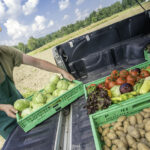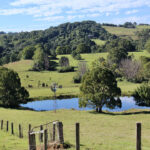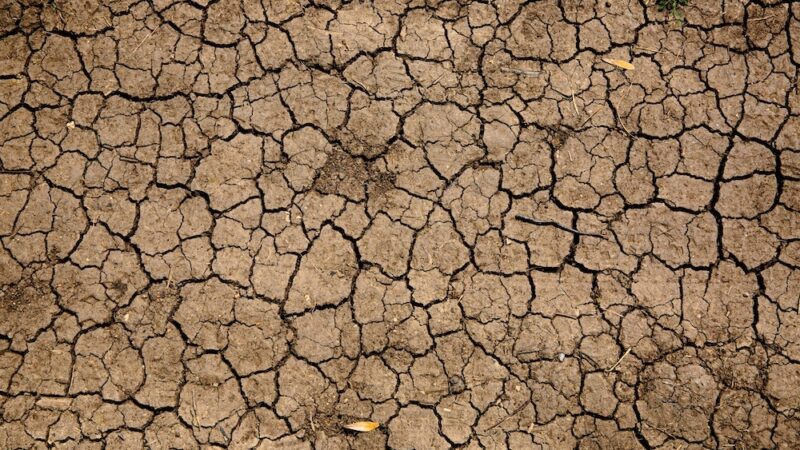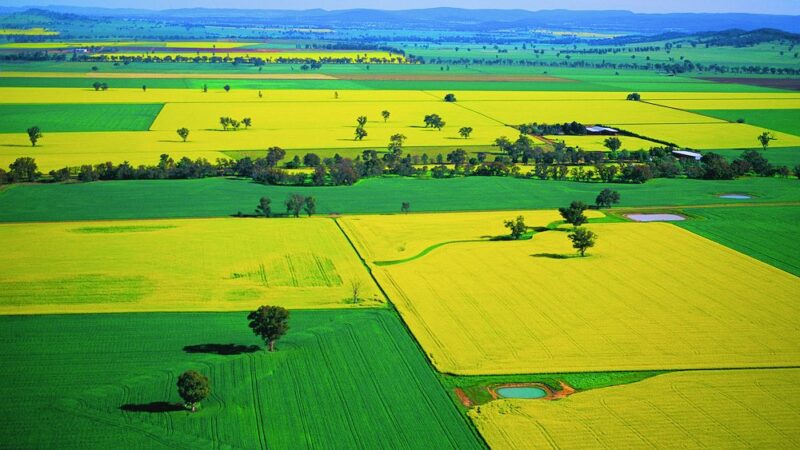After weeks of frustration and concerns about how the looming harvest would be managed, a…
NSW government initiates major cuts in floodplain harvesting
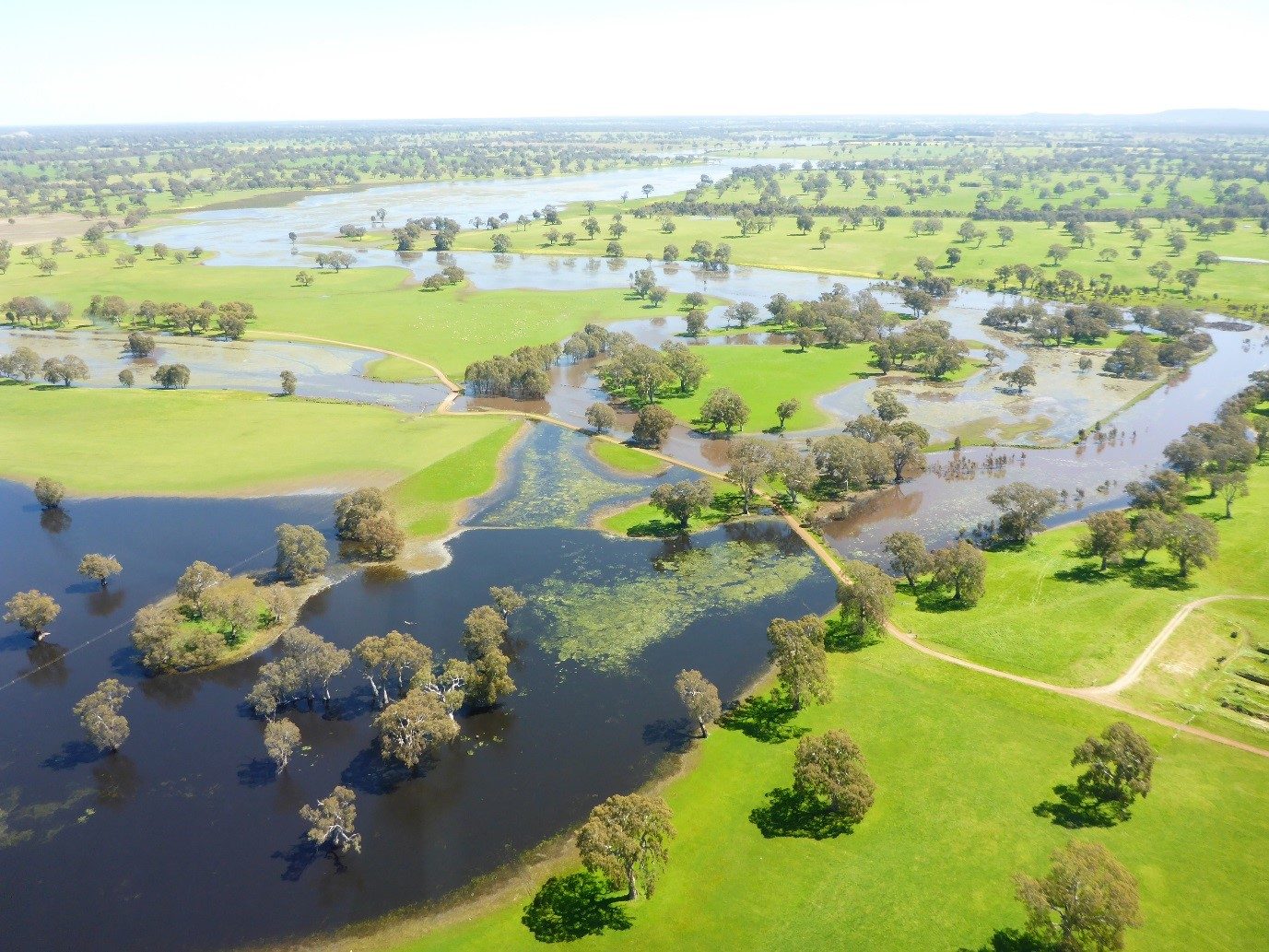
In a bid to mitigate the risk of over-allocation, the State Government has unveiled a set of modifications aimed at adopting a more measured and sustainable approach to floodplain harvesting licensing.
The alterations entail a substantial reduction � up to 40 percent � in floodplain harvesting allocations within unregulated water sources in the Namoi Valley, marking the final implementation phase for floodplain harvesting licensing in the Northern Basin’s valleys.
According to the NSW Government, these adjustments have been thoroughly vetted through community consultations, numerous independent expert evaluations, and insights from the 2021 Select Committee Inquiry � signifying a strategic move towards enhanced water management.
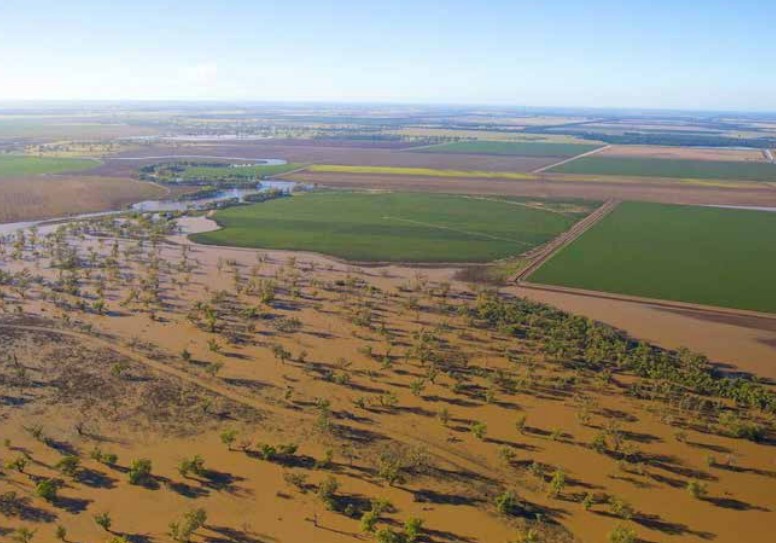
Floodplain harvesting is the last substantial form of water take to be licensed in NSW. The licensing framework provides a mechanism to limit extraction and ensure take of water occurs within sustainable limits, contributing to an overall improvement in the management of water resources within the state.
The licensing framework for floodplain harvesting consists of the Water Management Act (2000), its regulations, water sharing plans, licences, approvals and floodplain management plans. According to the NSW Government, a licence to floodplain harvest authorises a water user to take water. Before water can be taken with a water supply work, that work must be nominated by a floodplain harvesting access licence.
For the purposes of licensing, floodplain harvesting includes captured rainfall runoff, whether it is contaminated or not, and overbank flow.
There is an exemption in relation to the use of water collected in a tailwater drain for the purpose of collecting rainfall runoff from an irrigated field. However, this exemption does not apply during a notified measurement period or when other water supply works, other than a tailwater drain, take overland flow water.
Community consultation
The Department of Planning and Environment has undertaken a widespread process of consultation to determine the eligibility of individual properties, validation of on farm infrastructure, measurement requirements, draft licence entitlements, environmental and downstream outcomes, modelling, regulation amendments as well as proposed rules for floodplain harvesting licences.
Consultation has been ongoing with eligible landholders, the broader community and stakeholder groups, including dryland farmers, environmental groups, southern basin groups, First Nations people, and government agencies. Throughout the project there have been several public webinars, targeted sessions, face-to-face meetings, public exhibition and submission periods, site inspections and individually tailored meetings.
The measurement policy is the first of its kind in Australia; the State Government insists this collaborative approach means that the views of stakeholders have been actively canvassed throughout the development process.
However, the recent announcement of the cuts has led to questions about why this move was necessary, unless there were issues with the process of issuing the new floodplain licenses.
According to the NSW Government, this new adjustment will improve water management, ultimately helping ensure we are striking the right balance between the needs of the environment, water users throughout the river system and town water supply.
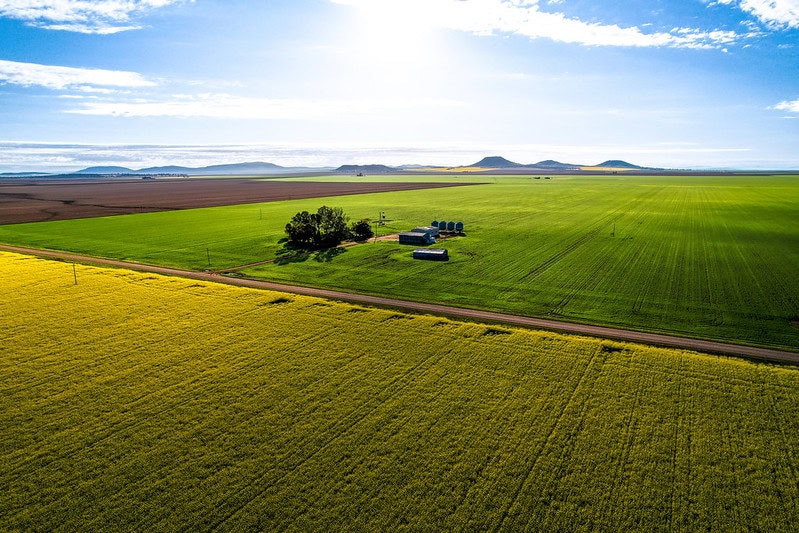
Other moves the State Government has initiated include:
- Bringing water take in the regulated Namoi Valley under legal limits by reducing supplementary access for Namoi water users.
- Establishing an independent Connectivity Expert Panel to provide advice on potential changes to access rules to ensure we get the balance right between upstream extractions and downstream requirements.
- Investigating the most appropriate ways to implement temporary water restrictions on opportunistic forms of take in the Northern Basin to protect downstream users and the environment.
Minster for Water, Rose Jackson acknowledged that water is our most precious resource, and the State Government is committed to ensuring that they manage it sustainably and responsibly.
�I�ve listened carefully to the concerns raised by the community and that is why I am taking a more precautionary approach to the licensing of floodplain harvesting in the remaining water sources,� Ms Jackson says.
�I support the measurement and management of floodplain harvesting but we need to ensure we�re doing it right and not at the expense of our waterways and downstream communities, particularly given the impacts of emerging drought conditions.�
Rose Jackson, Minister for Water
New rules will be added as amendments to the Namoi water sharing plans by June 2024 informed by early advice from the Connectivity Expert Panel, with the licensing framework to commence on 1 July 2024. For more information visit floodplain management.
For more information: https://water.dpie.nsw.gov.au/plans-and-programs/floodplain-management


